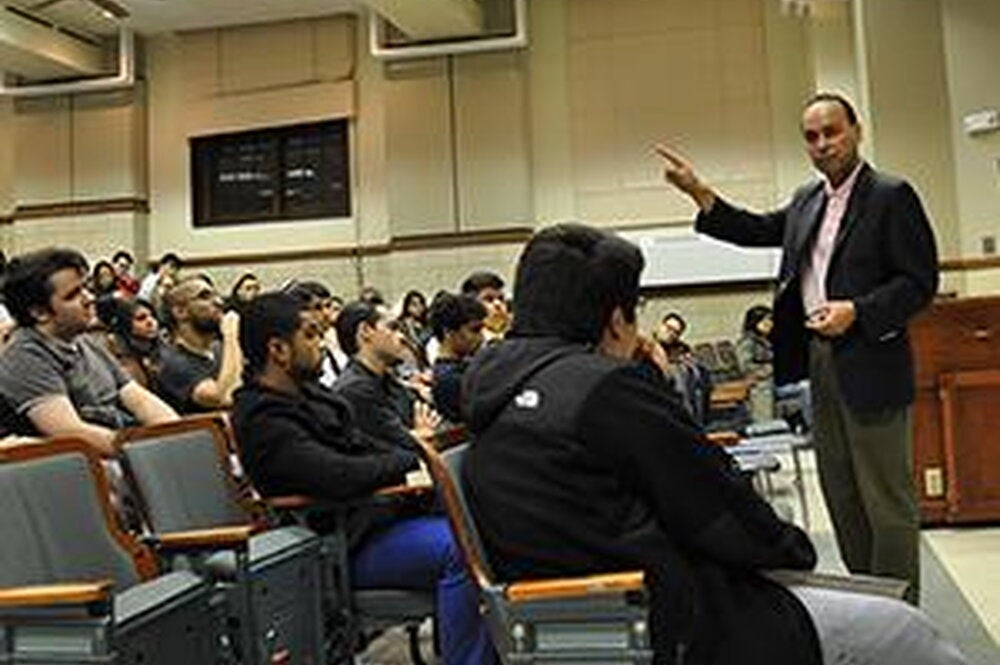

The University of Illinois has received strong support for its leading international and area studies programs as six campus centers recently acquired $14.7 million in competitive federal grants to continue their curriculum and outreach over the next four years.
The six Title VI grants, awarded by the U.S. Department of Education, are funding five National Resource Centers within the College of Liberal Arts and Sciences—East Asian and Pacific Studies; Latin American and Caribbean Studies; Global Studies; Russian, East European and Eurasian Studies; European Union Studies—as well as the Center for International Business Education and Research.
The centers support international curricula, library collections, and conferences, and provide outreach to local and regional K-12 educators related to their world region. Hundreds of faculty members from departments across the Illinois campus are affiliated with one or more of these centers.
The grants for the five National Resource Centers include funding for Foreign Language and Area Studies Fellowships, which support graduate and undergraduate study in modern foreign languages in combination with area or international studies.
In addition to languages such as Spanish, French, and German, these fellowships can cover costs for learning what are designated as “less commonly taught languages,” such as Korean, Hindi, Turkish, Quechua, and many others.
“These six grants reaffirm Illinois’ standing as one of the leaders in international and area studies,” says Wolfgang Schlör, interim associate provost for international affairs.
“The funding that comes with these grants will allow us to further strengthen our international curriculum and support students who want to achieve foreign language proficiency,” Schlör says. “It will also help us to share our international expertise with the community.”
Title VI was introduced as a part of the National Defense Education Act in 1958 as a result to the launching of Sputnik I. It was intended as a means of promoting language development, with a focus on less commonly taught languages. Today, National Resource Centers, Foreign Language and Area Studies Fellowships, and International Research and Studies remain priorities even as the Title VI program evolves in response to global trends and security needs.


